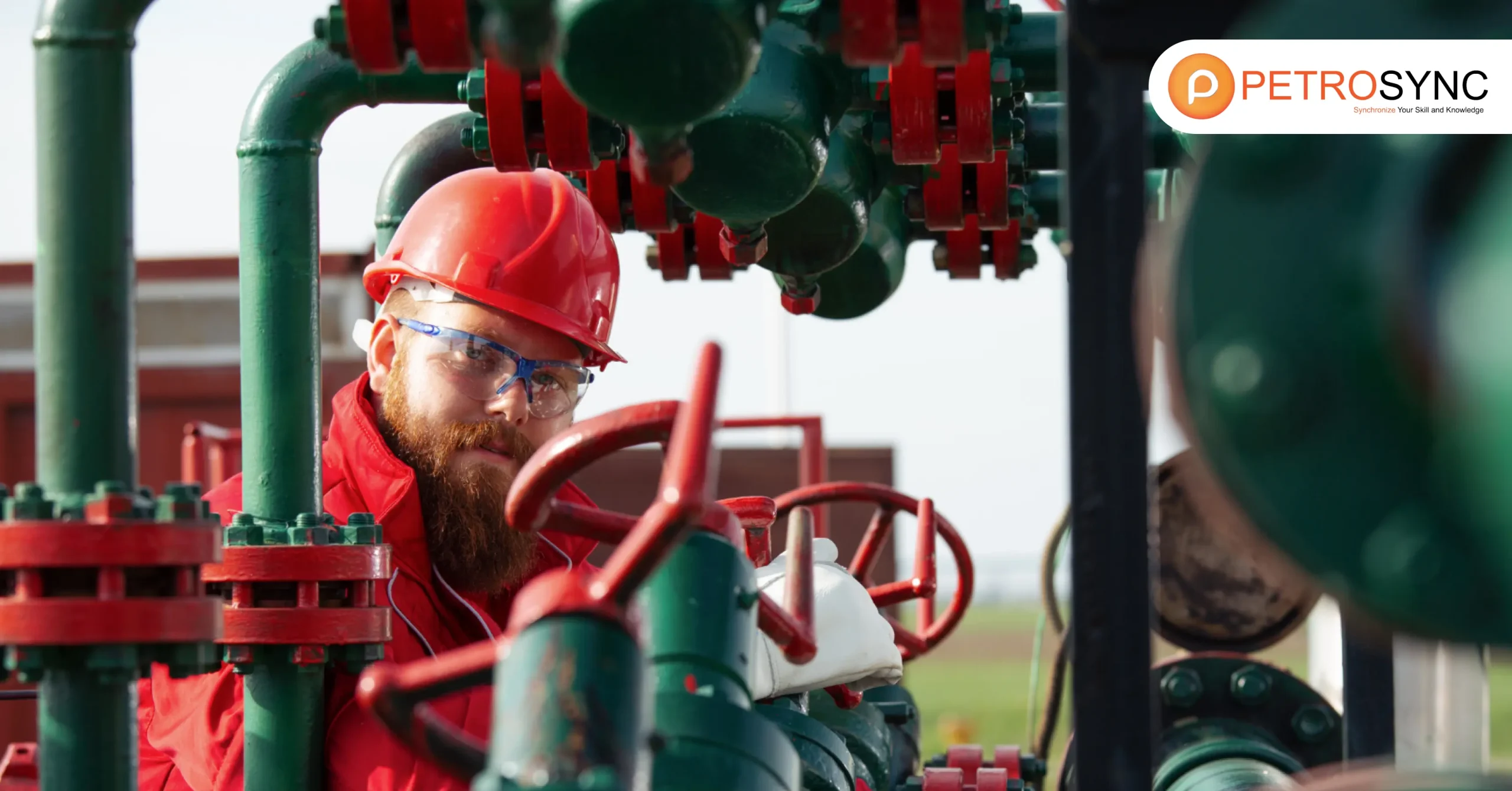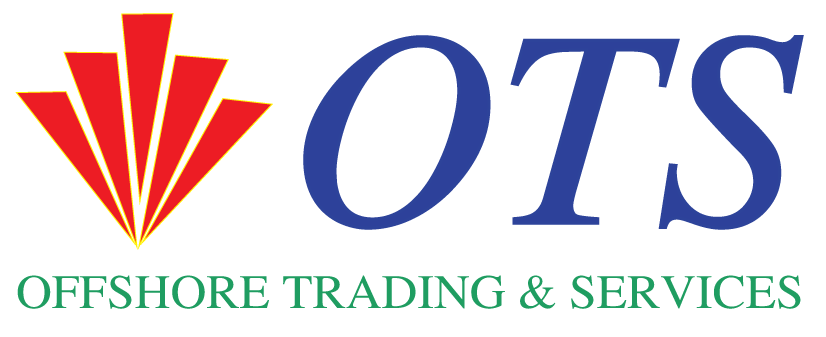
**Understanding API 571 in the Oil and Gas Industry: A Comprehensive Guide**
API 571, colloquially known as the “Corrosion and Materials” certification, is a benchmark in the oil and gas industry. This certification, issued by the American Petroleum Institute (API), underscores the importance of expertise in evaluating the integrity of equipment in corrosive environments. Here, we delve into the significance of API 571, its role, and what it entails, all while providing valuable insights for anyone seeking to enhance their career in the industry.
### What Is API 571 Certification?
API 571 certification validates an individual’s profound knowledge of corrosion processes. This expertise is critical in the oil and gas industry, where equipment integrity is paramount. The certification signifies proficiency in materials, corrosion mechanisms, inspection techniques, and risk-based assessment methods. These elements are crucial for ensuring the integrity and safety of equipment, making holding API 571 certification not only a testament to one’s competence but also a recognition of their commitment to addressing materials and corrosion challenges.
### Importance of API 571 Study Materials
API 571 study materials serve as the foundational resources for preparing individuals for the certification exam. These materials typically include textbooks, reference guides, practice exams, and relevant industry standards. Understanding these materials is essential as they cover the specific knowledge areas tested in the exam. By familiarizing oneself with the API 571 study materials, one gains the necessary insights and knowledge to pass the exam, ultimately demonstrating competence in handling materials and corrosion challenges in the oil and gas sector.
### Role of API 571 Training
API 571 training courses, such as those offered by PetroSync, are designed to equip individuals with specialized knowledge and skills in inspection and corrosion management. These training programs cover a range of topics including:
– **Damage Mechanisms**: Understanding the various mechanisms of damage, such as mechanical and metallurgical failure mechanisms, erosion-corrosion, cavitation, and vibration-induced fatigue, is crucial. These mechanisms can significantly impact
